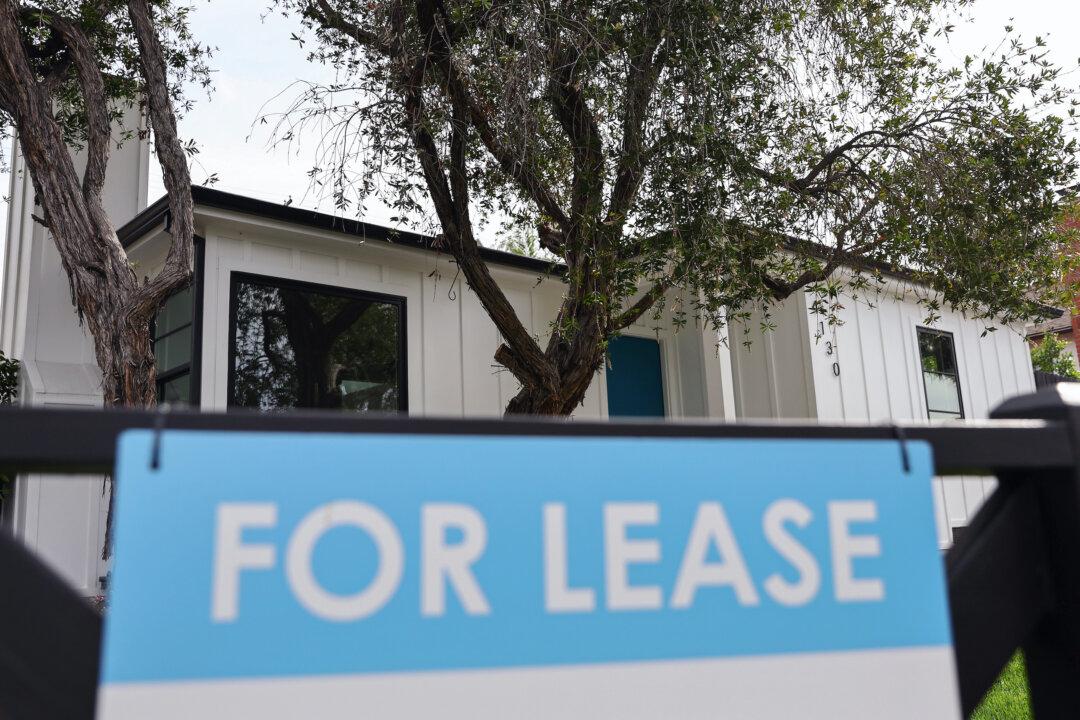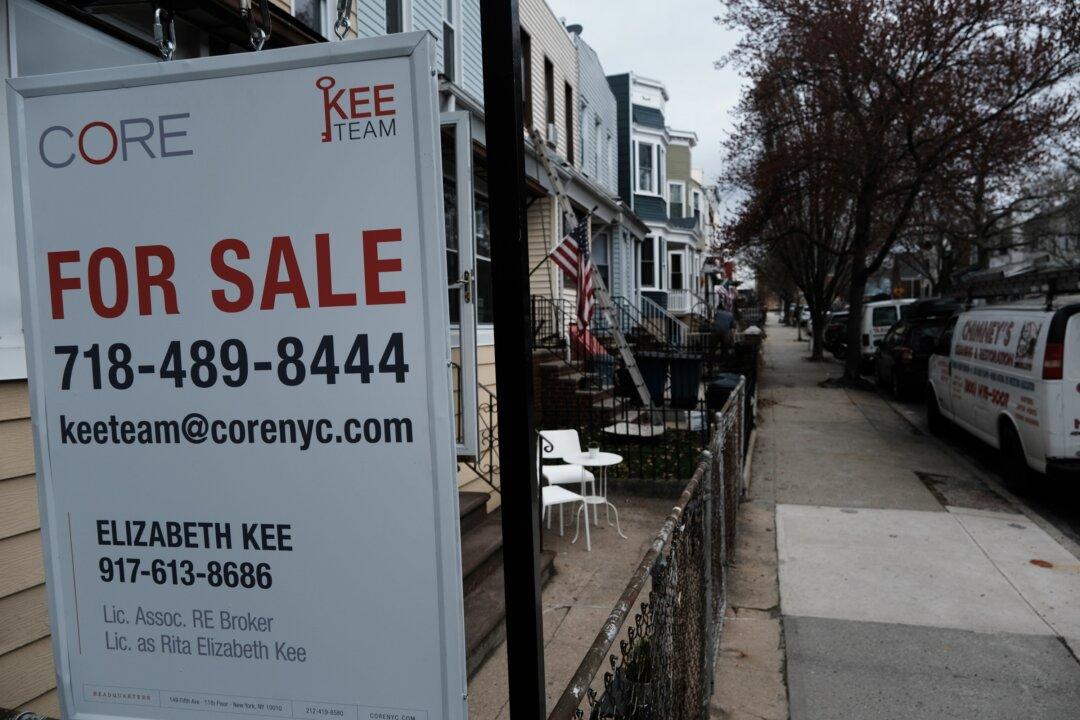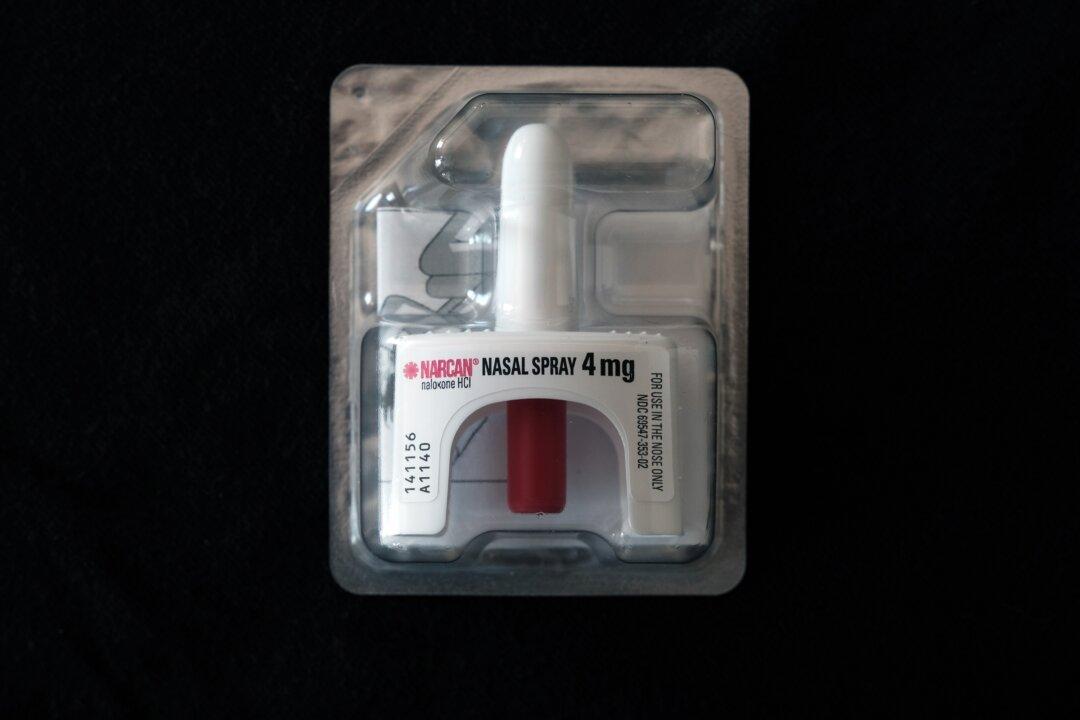New Hampshire Republican Gov. Chris Sununu is accusing the Biden administration of pulling the plug on rental assistance for the state, which he said will shut down the program as residents grapple with housing and energy costs.
Sununu said the U.S. Treasury decided “without notice or explanation” to reject $67 million in additional federal Emergency Rental Assistance funds requested by New Hampshire, which could force the relief program to shut down by the end of the year, possibly sooner.





